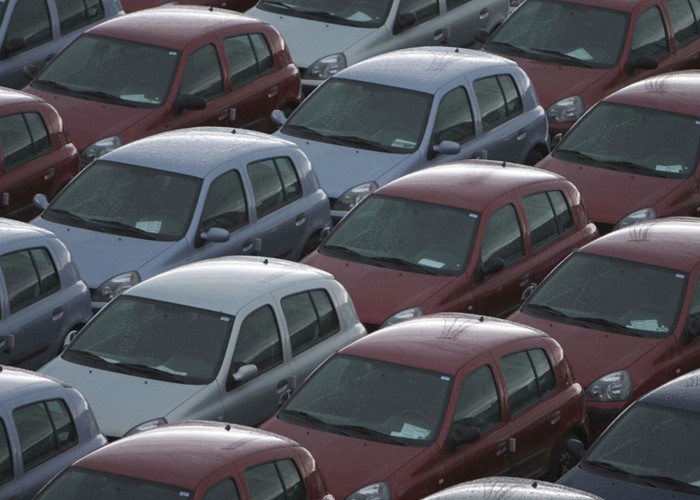Huge increases in railway station car park charges

Some station car park tickets have gone up in price by up to 33%.
It’s been a bad start to 2012 for rail commuters who also park at the station they travel in from. Not only have annual rail season tickets risen by an average of 5.9%, but station car park season tickets have increased by up to 10%.
And if you travel in less frequently, you’ll face an even greater increase, with some daily charges rising by up to 33% and monthly tickets going up by up to 20%.
The Transport Salaried Staffs Association (TSSA) accused train company Southeastern of implementing the highest increase. There was a 33% increase in daily charges at Robertsbridge in East Sussex, from £3 to £4, the daily charge at Kidbrooke, in south-east London, increased from £3.50 to £4.50 and there was an increase from £5.50 to £6 a day at Ashford International.
And it now costs £1,345 a year to park at Sevenoaks station in Kent, an increase of £92.50.
Elsewhere, the daily charge at East Midlands Parkway station near Nottingham, operated by East Midlands Trains, has risen from £6 to £6.50. And it’s the same story at Wokingham in Berkshire, run by South West Trains.
The TSSA accused train companies of using the parking increases to claw back some of the money it lost when the Government lowered the cap on fare increases.
Southeastern defended the increases, saying: “Any increase is also to pay for the continued cost of running the car parks including CCTV, maintenance, rising utility bills and rental costs to Network Rail."
Some people living near stations have responded to the high parking charges by offering commuters the chance to rent a space on their driveway.
Renting a spot from people on sites such as parkatmyhouse.com, parkonmydrive.com and yourparkingspace.co.uk can reduce your parking bill by up to two thirds.
More: How to cut the cost of your train fare | Renting a car is cheaper than buying one
For the latest news and comment on the stories that affect your money, follow us on Twitter
Comments
Be the first to comment
Do you want to comment on this article? You need to be signed in for this feature